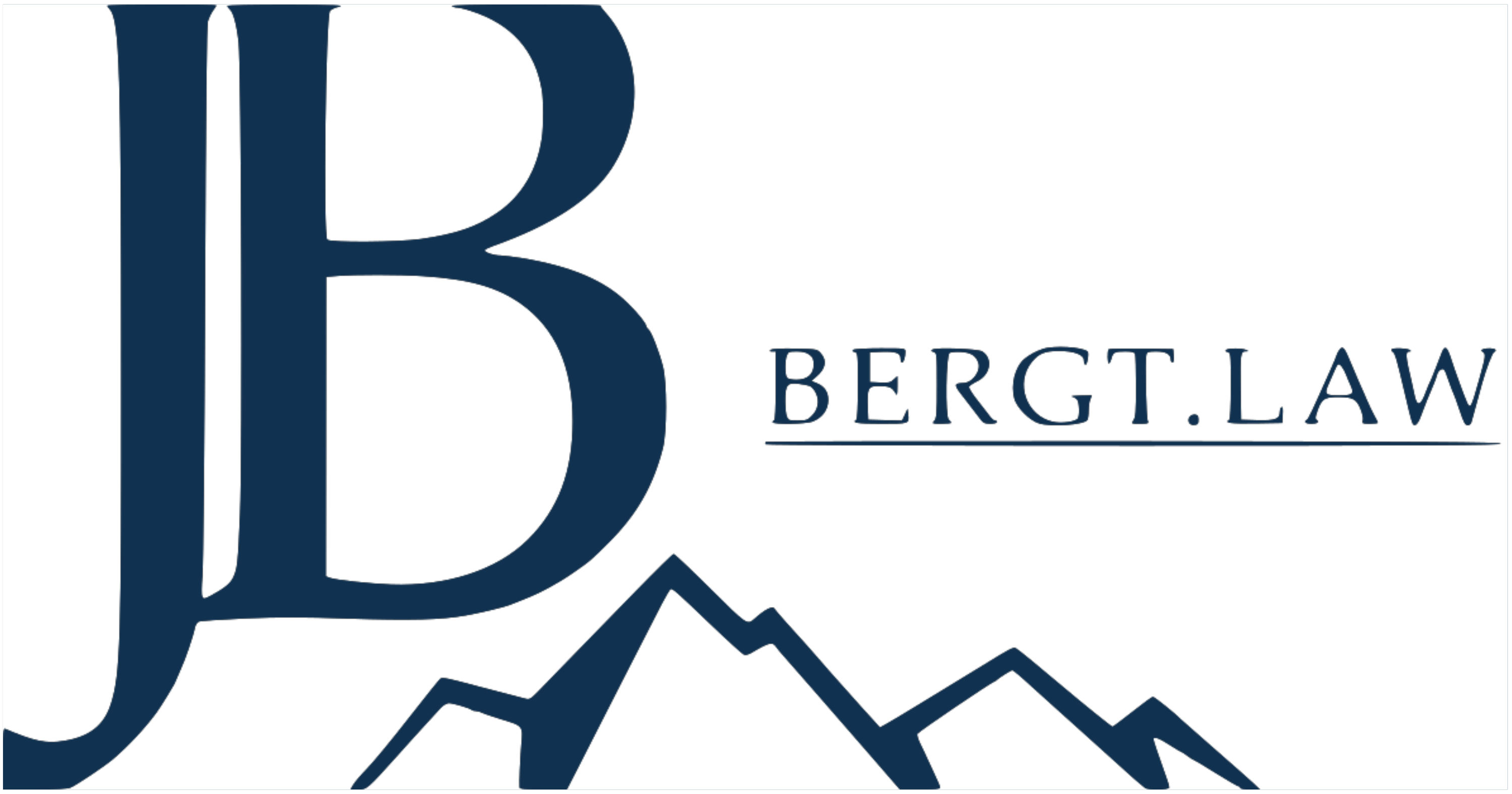Avocats Bergt & Partenaires SA, Liechtensteinoffice@bergt.law+423 235 40 15
Josef Bergt
2025
When the European Banking Authority (EBA) and the European Securities and Markets Authority (ESMA) published their Joint Guidelines on the assessment of the suitability of the members of the management body of issuers of asset-referenced tokens (ARTs) and of crypto-asset service providers (CASPs), together with a parallel regime for shareholders wielding qualifying holdings, they did far more than add another layer of compliance paperwork; they effectively elevated personal and collective competence, impeccable reputation and demonstrable time-commitment from “nice-to-have governance attributes” to fully fledged authorisation thresholds that will be scrutinised not only at the initial licensing stage but throughout the entire life-cycle of an entity operating under the Markets in Crypto-Assets Regulation (MiCA).
In essence the Guidelines require that every board member must be “of sufficiently good repute and possess, individually and collectively, appropriate knowledge, skills and experience” while being “capable of committing sufficient time to their duties”, and they remind applicants that failure to meet these bars constitutes an automatic ground for refusal or withdrawal of authorisation under MiCA Articles 21(2)(b) and 63(10)(b).
Equally demanding, albeit frequently overlooked in early-stage structuring discussions, is the new prudential gate-keeping regime for shareholders and other persons with direct or indirect qualifying holdings (≥10 % of capital or voting rights): such investors must maintain “sufficiently good repute” on a continuous basis, free from money-laundering convictions and comparable stains, and any proposed acquirer of additional stakes must pass a five-pillar test covering reputation, financial soundness, managerial suitability, prudential continuity and AML risk neutrality.
1. The proportionality principle—friend or foe?
While the Guidelines recognise that governance frameworks should be “matched to the individual risk profile and business model”, they also itemise a non-exhaustive list of factors—ranging from the volume of tokens in circulation and the complexity of reserve-asset portfolios to the class of crypto-asset services rendered—that competent authorities will use when judging whether a given board composition is proportional. Consequently, even a micro-start-up must now evidence a methodical skills-matrix and diversity policy, lest the National Competent Authority (NCA) conclude that the business is under-governed.
2. Reputation is measurable—and revocable
The Guidelines embed a hard-law expectation that firms establish an internal procedure to monitor criminal records, sanctions lists and civil penalties for each director on an ongoing basis. Should a board member appear on an EU or UN sanctions list, removal becomes mandatory. For founders accustomed to the informal dynamism of the crypto sphere, this represents a sea change: personal conduct is now a licensable asset.
3. Time is capital: the quantification of commitment
Far from rhetorical, the demand that directors devote “sufficient time” is broken down into tangible metrics such as the number of external directorships, geographic travel burden and extraordinary crisis workloads. Firms must document these calculations ex ante and revisit them whenever circumstances evolve—a task that calls for disciplined corporate-secretariat processes rather than ad-hoc founder meetings.
4. Shareholder suitability: the invisible layer
Because startup entities often rely on international seed capital, the look-through assessment of ultimate beneficial owners can become the longest pole in the MiCA approval tent. Competent authorities will apply the same reputation and AML filters to foreign token funds or family offices that they apply to board members, and they may suspend the authorisation clock until satisfactory evidence is produced. Early legal structuring and due-diligence dry-runs are therefore essential.
5. Practical compliance roadmap (and how Bergt Law can help)
Sources:
Key findings & core statements
For tailored advice or a rapid suitability audit, visit bergt.law/en—where regulatory foresight meets entrepreneurial pragmatism. Our multi-disciplinary team ensures that ventures clear the MiCA bar on the first attempt and stay compliant thereafter.

Adresse
Avocats Bergt & Partenaires SA
Buchenweg 6
B.P. 743
9490 Vaduz
Liechtenstein
Téléphone
+423 235 40 15
office@bergt.law